How the United Nations Addresses Indigenous Rights
December 7, 2011 by Mark Koenig, Director of the Presbyterian Ministry at the United Nations
 The Office of the High Commissioner for Human Rights notes that:
The Office of the High Commissioner for Human Rights notes that:
Indigenous peoples across the world experience the consequences of historical colonization and invasion of their territories, and face discrimination because of their distinct cultures, identities, and ways of life. In recent decades, the international community has given special attention to the human rights situations of indigenous peoples, as shown by the adoption of international standards and guidelines, as well as by the establishment of institutions and bodies that specifically target these peoples’ concerns. The rights of indigenous peoples are further promoted by international and regional human rights mechanisms.
These include:
The UN Permanent Forum on Indigenous Issues, an advisory body to the Economic and Social Council, holds a mandate to discuss indigenous issues related to economic and social development, culture, the environment, education, health, and human rights.
The United Nations General Assembly adopted the Declaration on the Rights of Indigenous Peoples on Thursday, September 13, 2007. This milestone document acknowledges respect for indigenous communities that have been marginalized, discriminated against, and oppressed throughout history and at the present time. Australia, New Zealand, Canada, and the United States voted against the Declaration when it was presented in the UN General Assembly. All four have reversed their positions and now endorse the Declaration.
The Commission on Human Rights appointed a Special Rapporteur on the rights of indigenous peoples in 2001. The Special Rapporteur’s mandate was renewed by the Commission on Human Rights in 2004, and by the Human Rights Council in 2007.
The Human Rights Council established the Expert Mechanism on the Rights of Indigenous Peoples (EMRIP) in 2007. The Expert Mechanism provides the Human Rights Council with advice on the rights of Indigenous peoples as directed by the Council. This takes the form of studies and reports. The Expert Mechanism may also suggest proposals to the Council for its consideration and approval. The Expert Mechanism completed its first study on indigenous peoples’ right to education in 2009. It provided Advice and recommendations about how to realize an indigenous peoples’ right to education. The Expert Mechanism completed a second study on indigenous peoples and the right to participate in decision making in September 2011, which consists of a progress report and a final report, including Advice.
Mark Koenig has been a co-pastor and a member of a presbytery staff. He has served in the Presbyterian Church (U.S.A)’s antiracism initiative and the Presbyterian Peacemaking Program. Now serving as the director of the Presbyterian Ministry at the United Nations, he works to inspire and equip Presbyterians to live as disciples in the global neighborhood and to help Presbyterians engage in advocacy, based on General Assembly policy, in the United Nations community.

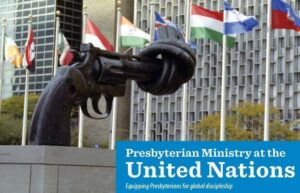
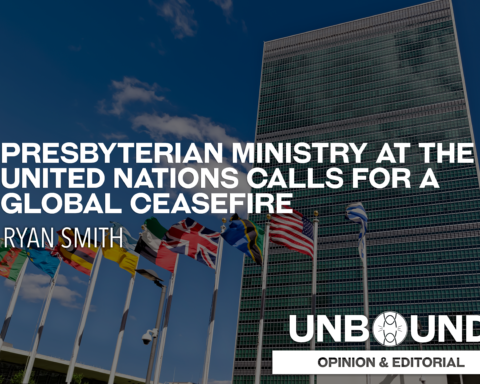

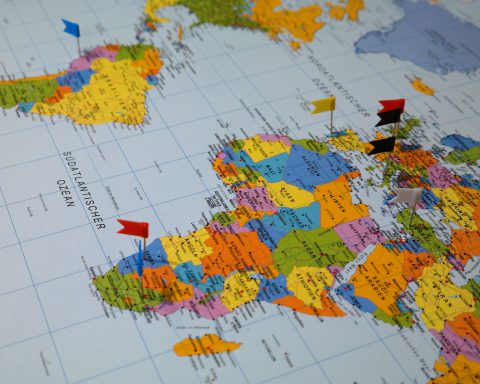
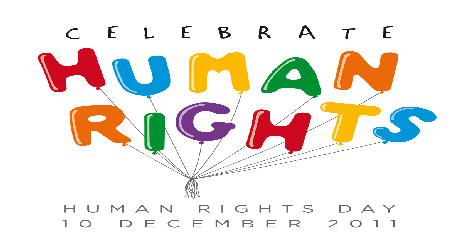
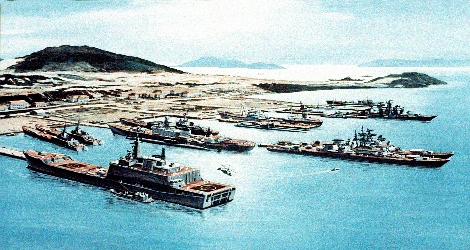
Unbound Social